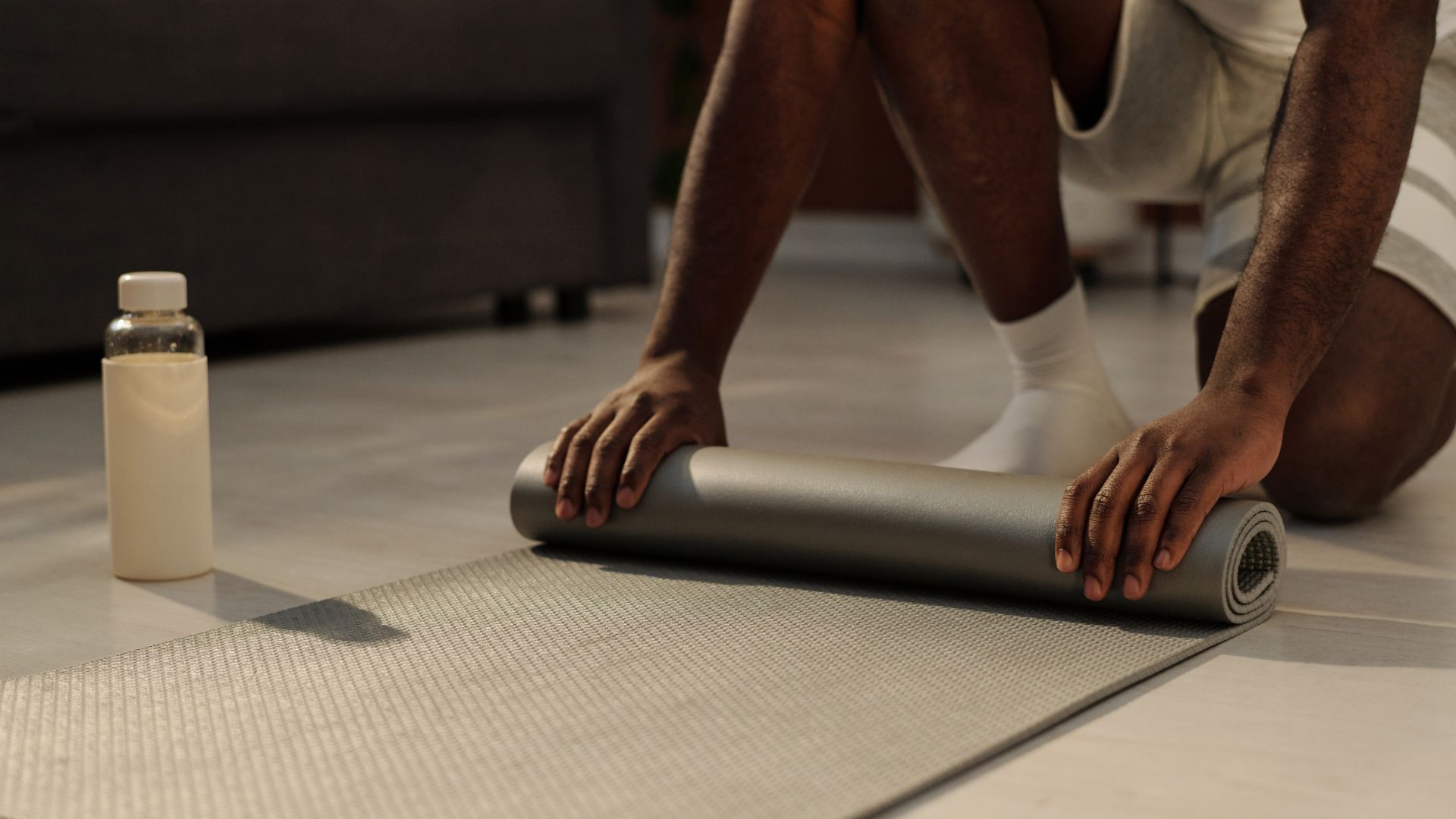From Knowing to Being: Why Practice Matters More Than Knowledge
Oct 08, 2025
I have a well-meaning friend who knows a lot about yoga - yet rarely practices.
Recently, she tried to convince me that box breathing was superior to lengthening the exhalation for stress relief. Mind you, she’d barely tried either technique – she’d just read about them.
Here's what I wanted to tell her: knowing about resilience practices doesn't make you resilient. Reading about breath work doesn't calm your nervous system. Understanding the theory of grounding doesn't help when the ground shifts beneath your feet.
In times like these—when everything feels uncertain and the systems we've relied on are crumbling—we need more than concepts. We need embodied capacity. We need practices that work because we've done the work that makes them work.
The yogic tradition has a word for acquiring knowledge without putting it into action: niskriya, meaning "inactive" or "without doing." It describes those who collect teachings like talismans but never let them touch their lives - who know the right answers but haven't done the work that transforms knowing into being.
By contrast, sakriya—"with action" or "active"—is the path of living practice. It’s where you apply what you learn to the life you’re actually living. Where the mat becomes a laboratory. Where ancient wisdom meets this moment, this breath, this challenge right in front of you.
The tradition is clear: sakriya is where transformation happens.
Think of it like tasting a strawberry. You can know its color, its nutritional profile, its botanical classification. But until you bite into one—feel the juice, taste the sweetness, experience the texture—you don't really know what a strawberry is.
Resilience is like that too. We don’t build it by understanding it. We build it by practicing it—until it becomes part of our nervous system, our reflexes, our way of being.
When anxiety spikes, do you actually lengthen your exhale – or just know you should?
When you're overwhelmed, do you ground into your body - or think about grounding while spinning out?
When grief arises, do you breathe through it - or collect more podcasts about processing emotions?
The gap between knowing and doing is where resilience either withers or grows.
Here's the liberating truth: you don't need to wait until you've mastered something to begin. You don't need to be perfect. You just need to practice—messily, imperfectly, consistently.
This is how yoga becomes medicine for the moment. Not as philosophy to discuss, but as tools you've made your own through engaging with them. Not as ideas about resilience, but as actual capacity – built breath by breath, practice by practice.
When the next challenge comes—and it will—you won't need to Google what to do. Your body will already know. You'll have trained your nervous system to return to center. You'll have practiced staying present when things are hard. You'll have built the internal ground that doesn't depend on external stability.
Seeing yoga as a lifelong process of dynamic learning makes your own experience your greatest teacher. Every time you choose to practice—even for five minutes—you're cultivating resilience that no one can take away from you.
So the question isn't whether box breathing or extended exhales are better.
The question is: which one are you actually doing?
Practice this:
Choose one technique you already know but haven't been practicing consistently. Just one. It could be:
- Three conscious breaths when you first wake up
- A body scan when anxiety hits
- Five minutes on your mat before the day begins
- Lengthening your exhale when stress hits
Do it every day this week. Not perfectly - just actually do it.
Notice what shifts when knowledge becomes practice. When niskriya becomes sakriya. When you stop collecting tools and start using them.
This is how lasting growth takes root - not through knowing more, but through practicing what we already know until it lives in us.
